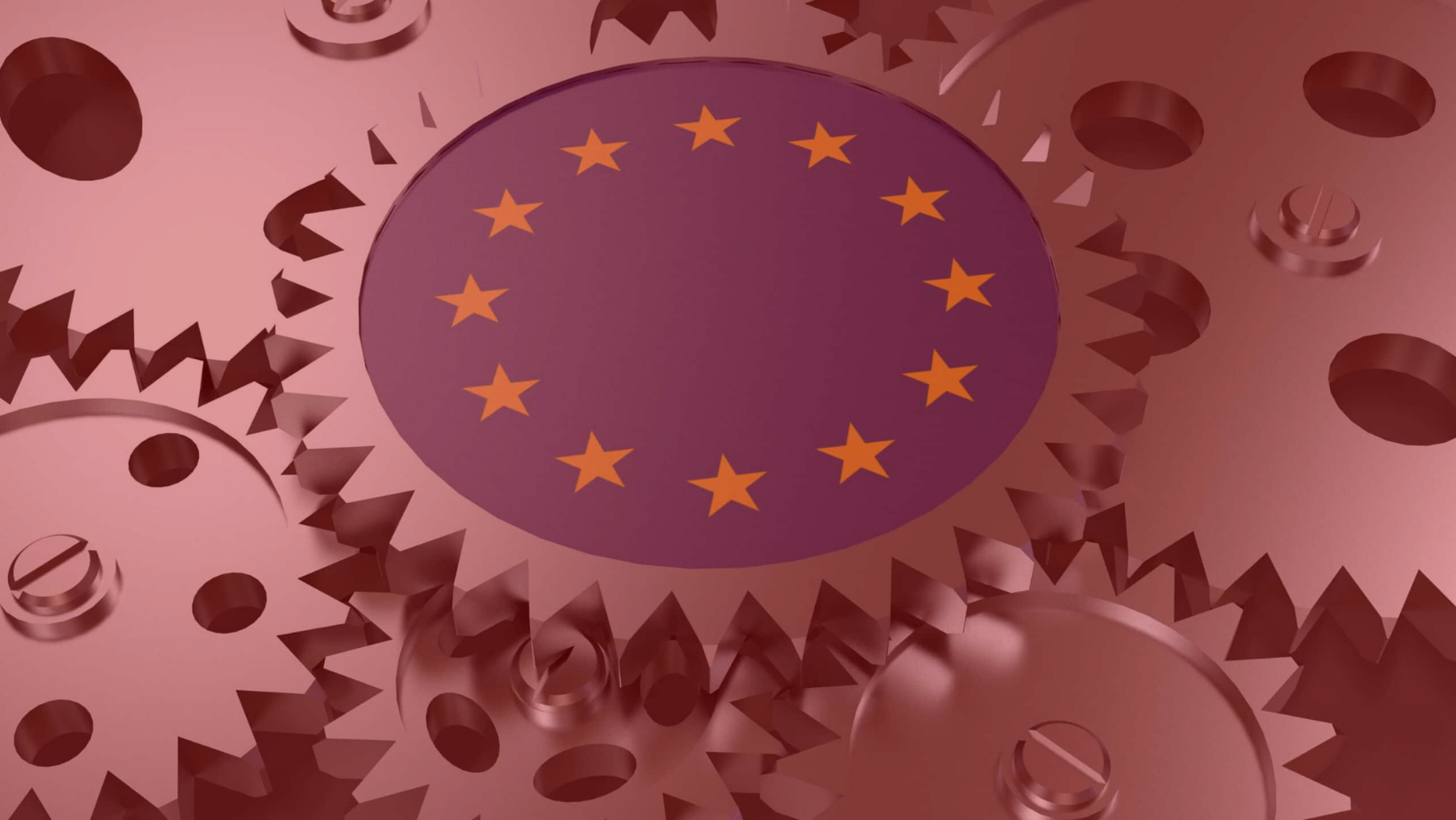
Global Governance is defined as being a “system of rule at all levels of human activity – from the family to the international organization in which the pursuit of goals through the exercise of control has transnational repercussions”[1]. Such a notion has to be understood beyond the classical scope and tools of International Relations studies[2], since the target and actors of global governance do not only include Nations-States actions through diplomatic means: “Global governance is governing, without sovereign authority, relationships that transcend national frontiers. Global governance is doing internationally what governments do at home”[3]. Since Nation-States are gradually more embedded in interdependent relations, the substance of politics progressively slips out of the framework of the sovereign community.
The Global governance architecture involves norms, interaction among Nation-States, but also more importantly International Organization to develop and implement norms, regimes, or public policy to materialize an international management of transnational challenges[4]. If international institutions are essential for the management of global challenges, their legitimacy is however increasingly contested[5]. Consequently, the EU has to think about how we can create an architecture of the global governance which suits both the requirement of efficiency and the necessity of fairness[6]. The United Nations Secretary-General issued a report on “Our Common Agenda”[7] in September 2021, which developed key proposals across twelve commitments to strengthen global governance; enhance international solidarity and manage global common goods.



